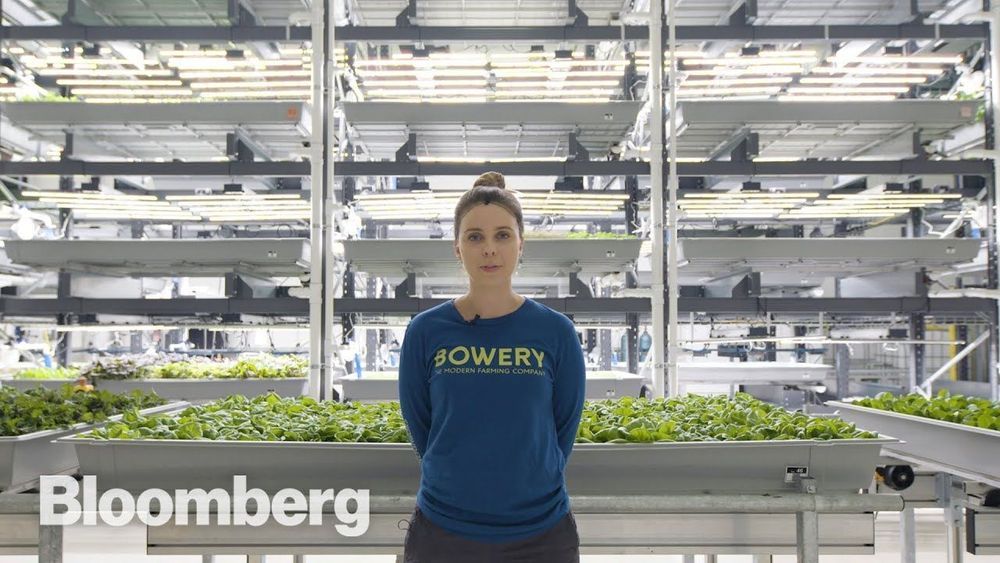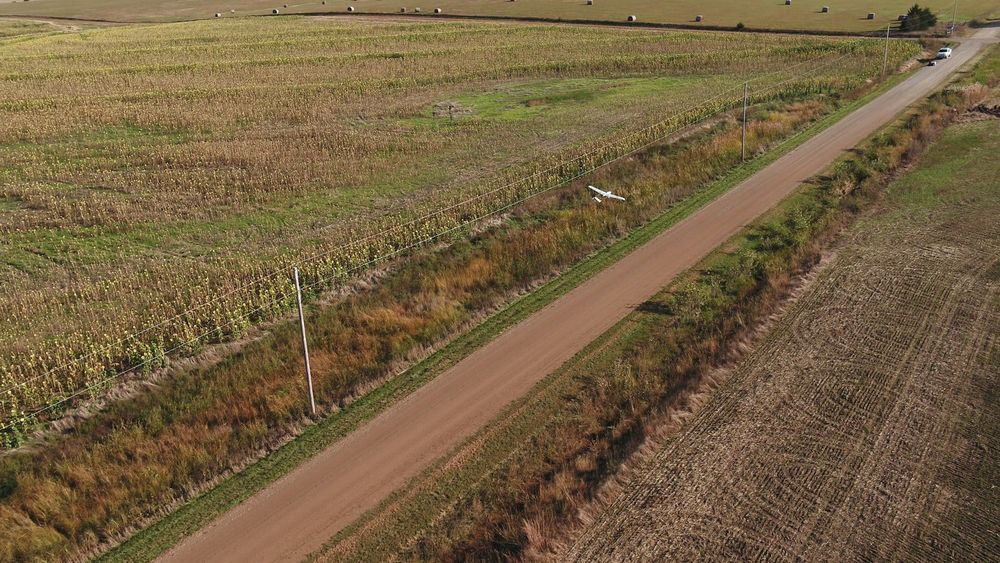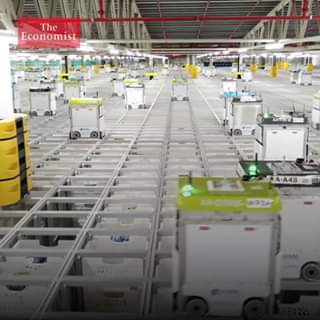Nov 13, 2019
The High-Tech Vertical Farmer
Posted by Quinn Sena in categories: employment, food, robotics/AI, sustainability
In the kale-filled facility at vertical farm startup Bowery Farming, it’s a piece of proprietary software that makes most of the critical decisions — like when to harvest and how much to water each plant. But it still takes humans to carry out many tasks around the farm. Katie Morich, 25, loves the work. But as roboticists make gains, will her employer need her forever? This is the fourth episode of Next Jobs, a series about careers of the future hosted by Bloomberg Technology’s Aki Ito.
Host, Producer: Aki Ito
Camera: Alan Jeffries, Brian Schildhorn
Co-Producer: David Nicholson
Editor: Victoria Daniell
Writers: Aki Ito and Victoria Daniell.


















